Plantar Fasciitis: That Sharp Pain with Every Step
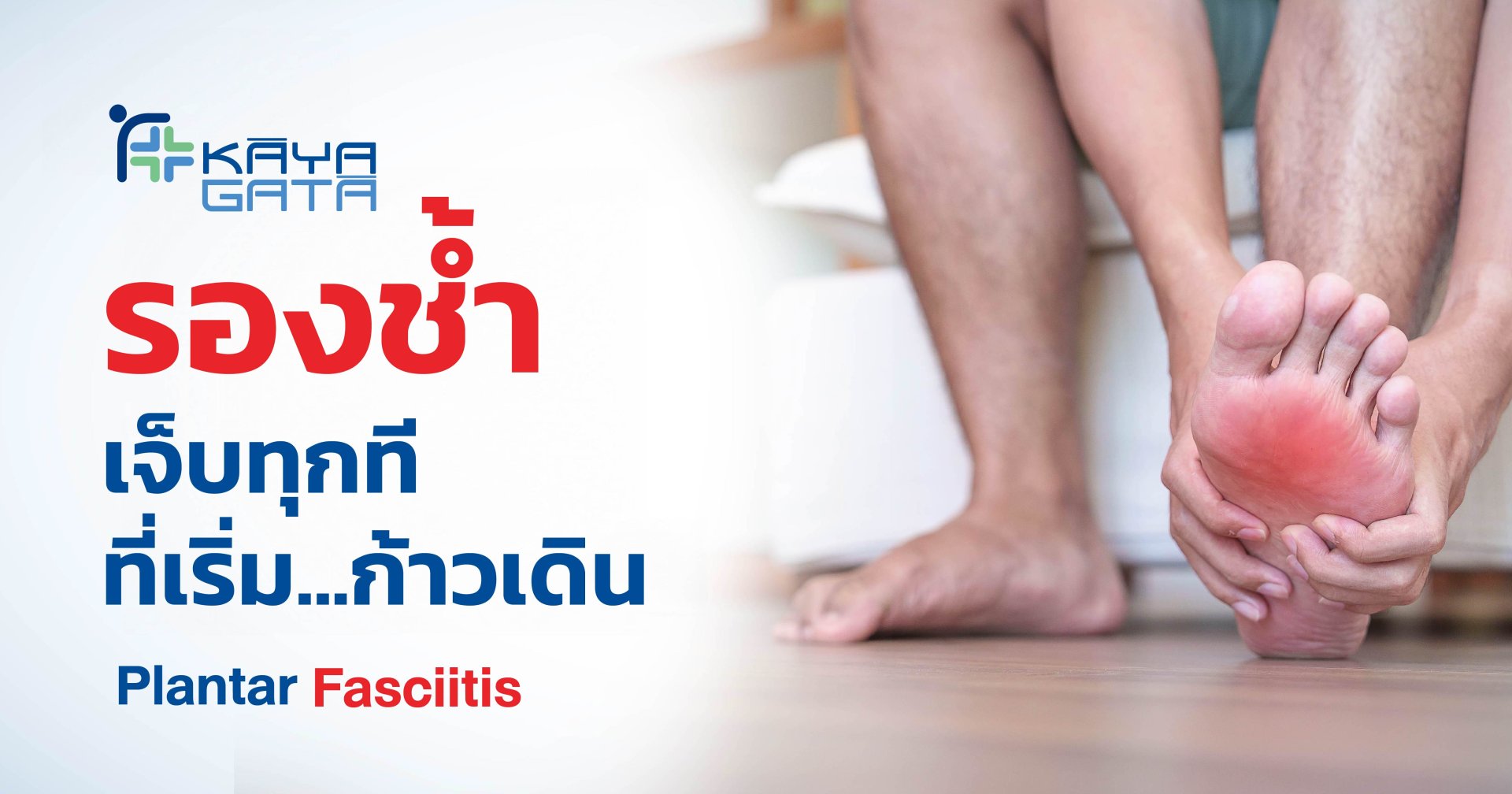
Plantar fasciitis, commonly known as heel pain, may not be a life-threatening condition, but it can seriously impact your quality of lifeespecially when each step feels like a sharp, stabbing pain underfoot.
This condition is medically known as plantar fasciitis, an inflammation of the tissue along the sole of the foot. Risk factors include aging, abnormal foot structure, and especially tightness in the Achilles tendon from prolonged standing or walking without adequate stretching. Wearing inappropriate footwear, such as high heels or rigid-soled shoes, combined with long periods of standing or walking, can also contribute to this condition.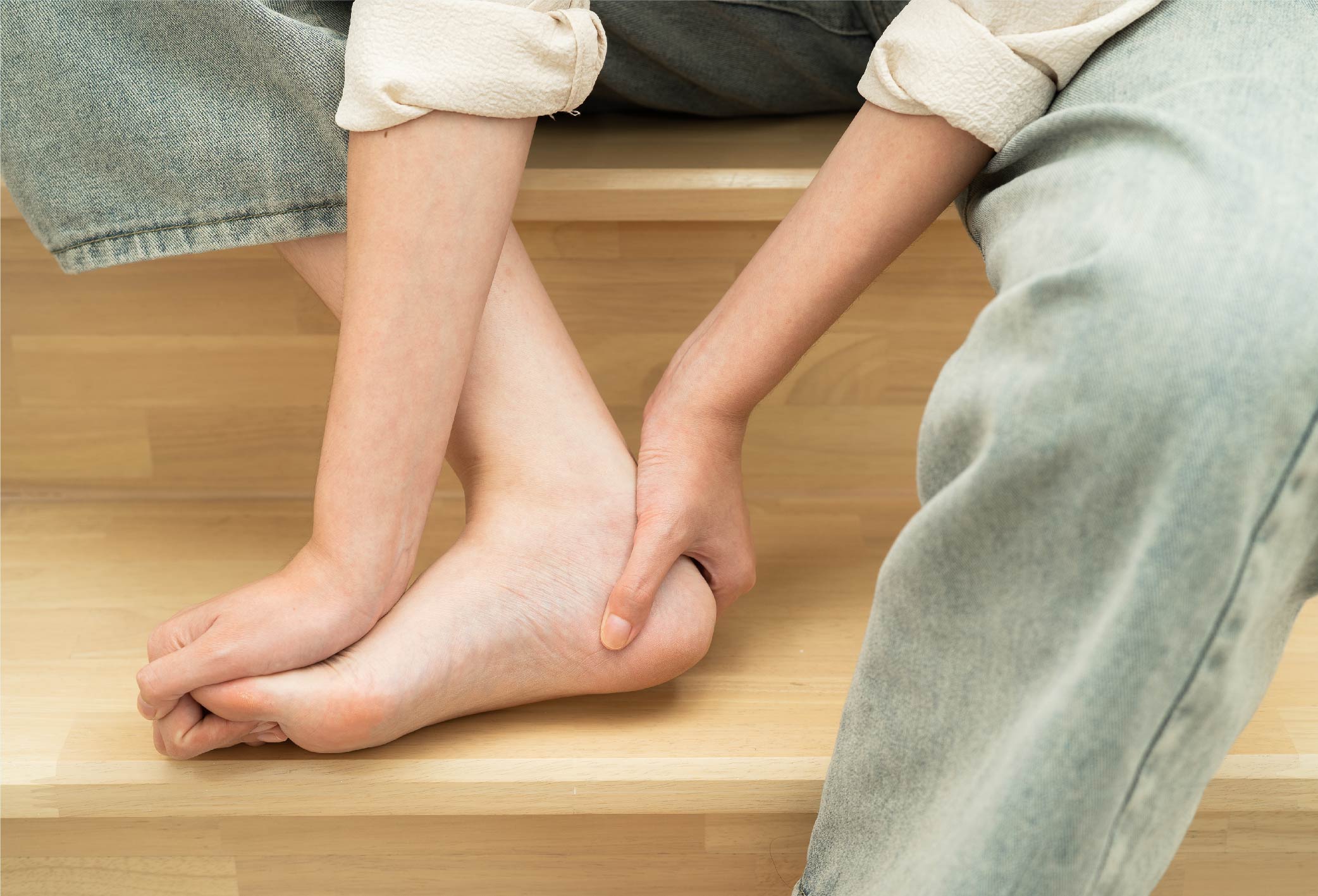
What Causes Plantar Fasciitis?
The condition stems from inflammation of the plantar fasciathe ligament that connects the heel bone to the toes. Most inflammation occurs around the heel area. Physicians diagnose plantar fasciitis through a combination of history taking, physical examination, and diagnostic imaging such as X-rays and ultrasound.
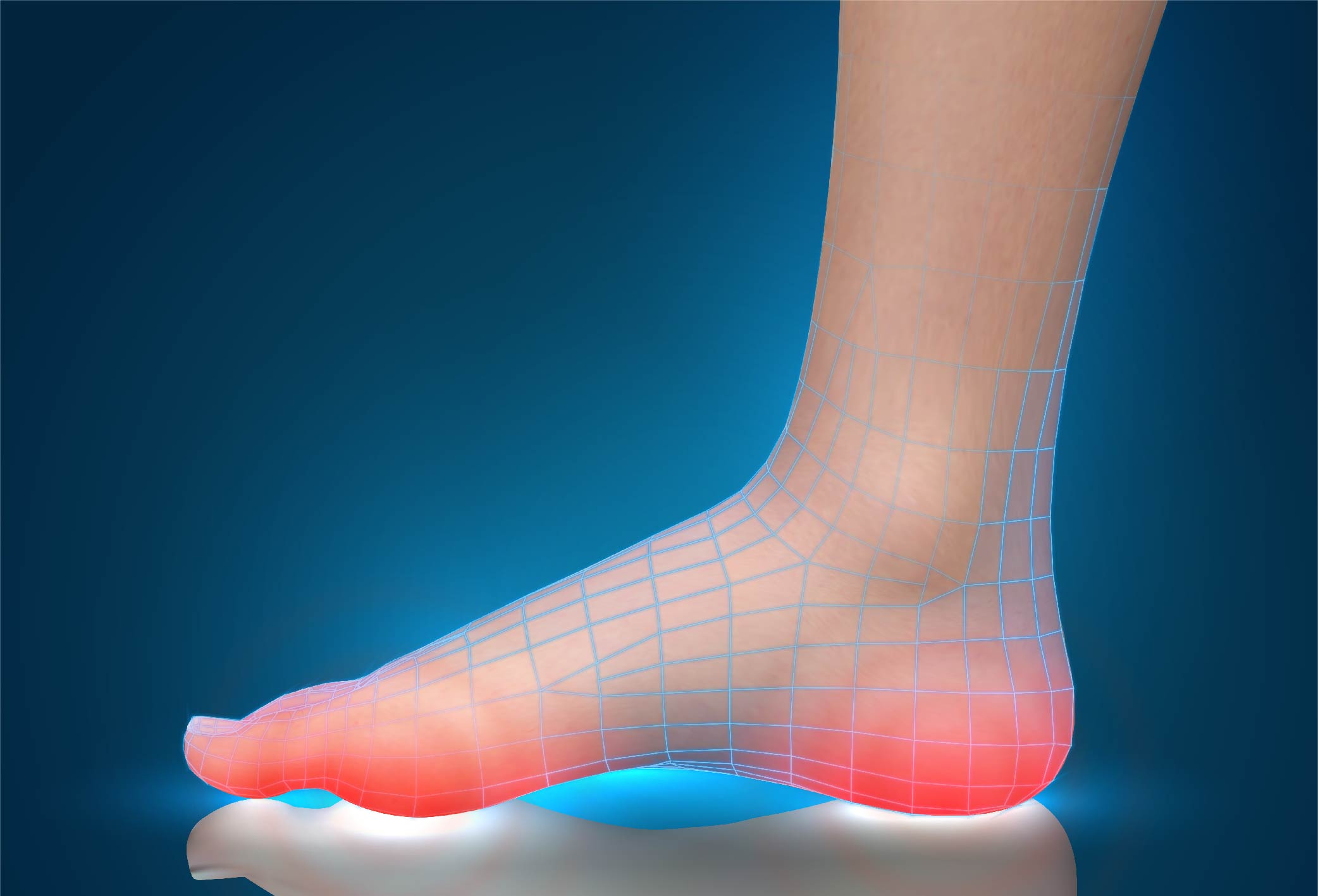 Non-Steroidal Physical Therapy Treatments
Non-Steroidal Physical Therapy Treatments
Since symptoms vary from person to person, treatment tools must be carefully selected on an individual basis. At Gaikata, the core physical therapy options for plantar fasciitis include:
- Ultrasound Therapy
Reduces pain and inflammation, relaxes tight muscles, and improves tissue flexibility. - Shock Wave Therapy
Breaks down fibrous adhesions in the foot and provides effective pain relief. - Peripheral Magnetic Stimulation (PMS)
Aids recovery from chronic muscle pain and injuries. It reduces numbness and pain, stimulates damaged nerves, and strengthens muscles. It also reaches pain points too deep for traditional massage therapy. - High Power Laser Therapy
Excellent for reducing pain, swelling, and inflammation in musculoskeletal tissues. It improves blood circulation and reduces tightness in the plantar fascia. - Stretching and Strengthening Programs
Since the calf and plantar muscles are connected, physical therapists emphasize calf stretches and strengthening exercises, which are crucial in treating plantar fasciitis.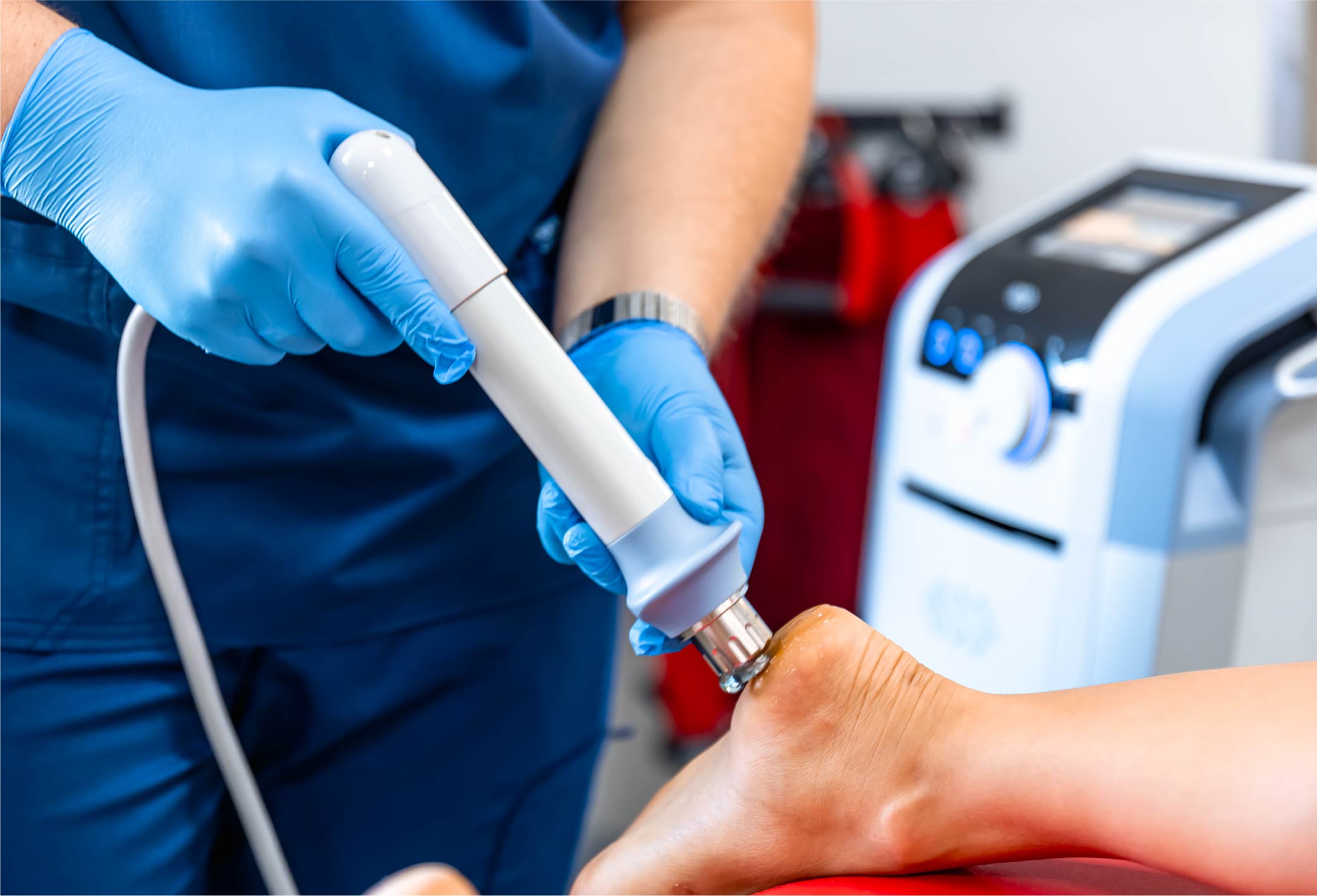
Comprehensive Care with a Focus on Cellular Recovery
At Gaikata, care goes beyond external treatment. The goal is to stimulate natural healing at the cellular level, without the use of steroids, while also guiding patients on:
- Lifestyle modifications
- Stretching techniques to release tension in the fascia
- Nutritional support, including vitamins and diet planning
- Proper footwear and foot orthotics
- Weight management to reduce pressure on the feet
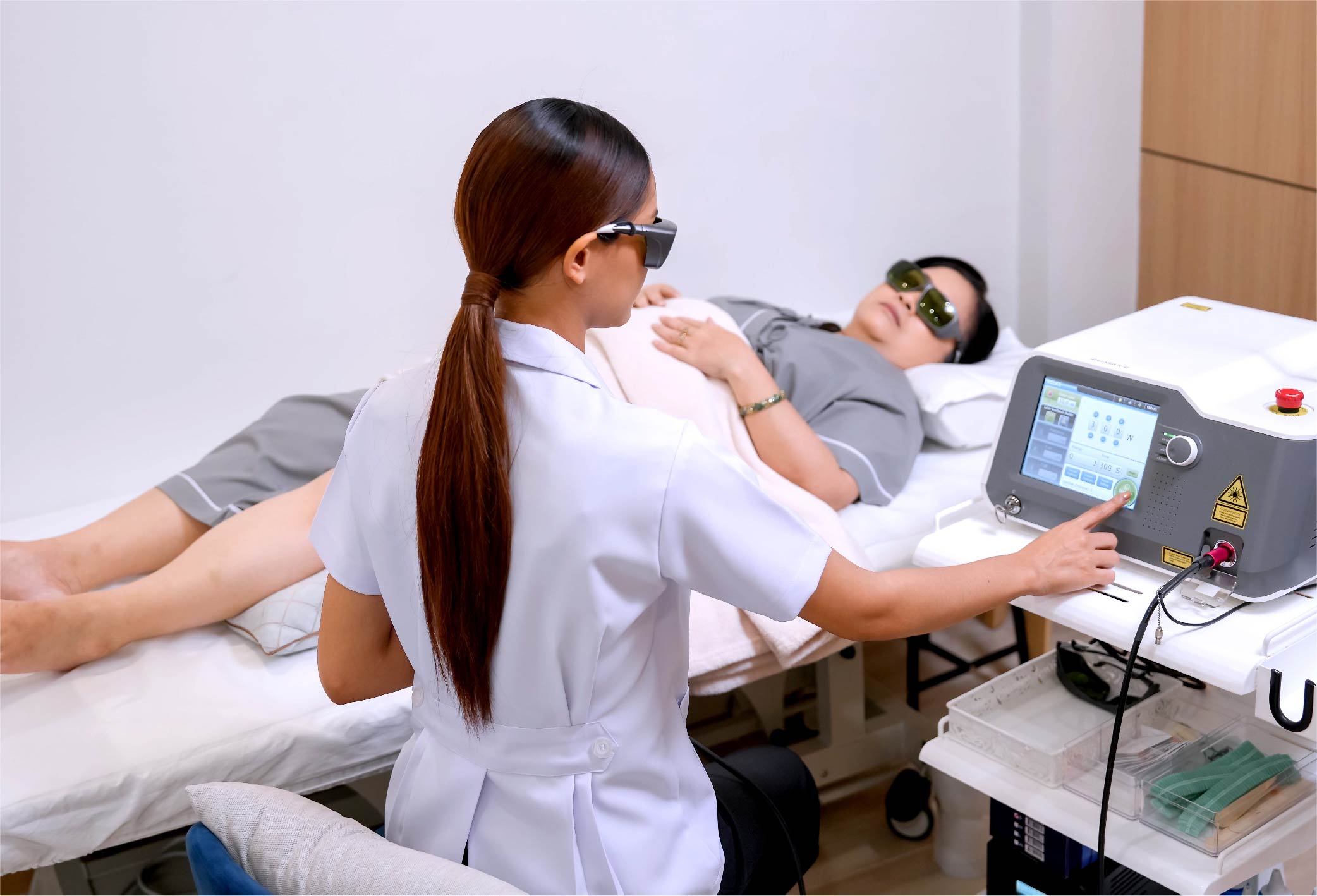
Dont WaitEarly Treatment Matters
If left untreated, plantar fasciitis can develop into a chronic condition. So if you experience early symptoms, seek treatment promptly. There's no reason to let heel pain restrict your daily life.




